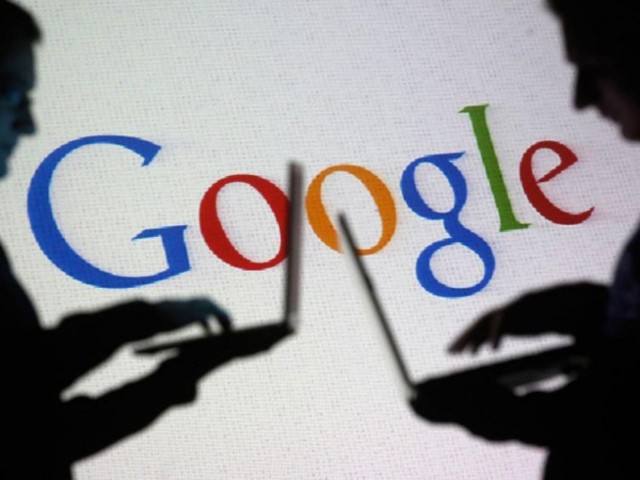 Parler
Parler Gab
Gab
- A federal judge ruled Google illegally monopolized key ad tech markets, harming competition.
- The decision highlights Google's dominance stifling small publishers, especially conservative and niche content creators.
- Google plans to appeal, disputing the ruling as partially flawed but faces expert skepticism.
- The case reflects a bipartisan push to hold Big Tech accountable for antitrust violations.
- Remedies could force Google to restructure its ad business, signaling broader regulatory risks for tech giants.
Threats to free speech and small publishers
The decision underscores concerns that Google's control over ad tech stifles innovation, raises costs, and particularly harms smaller businesses and content creators. Small websites rely on ad revenue to survive, but Google's monopoly allows it to extract disproportionate profits, creating a "winner-takes-all" digital economy. Publishers of niche or conservative content—which often struggle to monetize their audiences—are especially vulnerable to algorithms favoring dominant platforms. “For years, Google wielded unchecked monopoly power over the digital advertising market – using it to suffocate the media industry and force middleman taxes on everything we buy online," said Sacha Haworth of the Tech Oversight Project, who characterized the ruling as positive for Americans. Google disputed the findings, arguing its tools are "simple, affordable and effective" and that publishers choose them willingly. Lee-Anne Mulholland, the company's vice president of regulatory affairs, announced plans to appeal, calling the ruling a partial victory since the court found that Google's advertiser tools and acquisitions don't harm competition. However, experts rejected Google's arguments, citing how the company's market power creates insurmountable barriers to entry. The case builds on a bipartisan antitrust push spanning multiple administrations. Judge Brinkema's decision echoes prior rulings against Google's search engine monopoly and app store dominance, signaling growing judicial consensus that Big Tech's power can no longer go unchecked. "This could increase regulatory risk premiums across major tech stocks, especially those like Amazon and Meta that operate similarly integrated ecosystems" noted investment expert Michael Ashley Schulman. While historic, the ruling is just the first step. A subsequent hearing will determine what remedies Google must implement—potentially including the sale of its Ad Manager or restrictions on its ad exchange. "The Department of Justice will continue taking bold legal action to protect the American people from encroachments on free speech and free markets by tech companies," declared Attorney General Pamela Bondi. Google has begun preparing for the legal battle ahead, hinting at restructuring plans and highlighting that the court rejected one of the DOJ's claims regarding advertiser ad networks. Shareholders reacted cautiously, with Google's stock dipping 1.4% post-judgment, though analysts note penalties may be limited given the company's profitability. The broader implications extend far beyond advertising. For conservative observers, the case underscores how the disconnect between tech monopolists and traditional media threatens free expression. This ruling isn't just a legal milestone—it's a cultural one. By framing the case as a battle for the "digital public square," the DOJ has seized on a conservative rallying cry, aligning antitrust with values of free markets and limited corporate power. As Google prepares its appeal, debate will intensify over whether courts can dismantle monopolies without stifling innovation. For now, the decision stands as proof that accountability for tech giants is no longer a remote possibility but an evolving reality. Sources for this article include: Reuters.com CNN.com Reuters.com TheVerge.comITV’s “Our Land” exposes Israeli settler fanaticism and Palestinian resilience in the West Bank
By Willow Tohi // Share
Every day the Gaza holocaust continues, the empire tells the truth about itself
By News Editors // Share
Microsoft’s new Recall feature: A built-in surveillance tool disguised as convenience
By Cassie B. // Share
U.K.’s GOV.UK One Login faces scandal as whistleblower exposes deep-spun security flaws
By Willow Tohi // Share
Zoomer awakening: Younger generations embrace decentralization amid tech-fueled distrust
By Finn Heartley // Share
Breakthrough quantum phase observed, paving the way for advanced computing and sensing
By Willow Tohi // Share
Governments continue to obscure COVID-19 vaccine data amid rising concerns over excess deaths
By patricklewis // Share
Tech giant Microsoft backs EXTINCTION with its support of carbon capture programs
By ramontomeydw // Share
Germany to resume arms exports to Israel despite repeated ceasefire violations
By isabelle // Share










